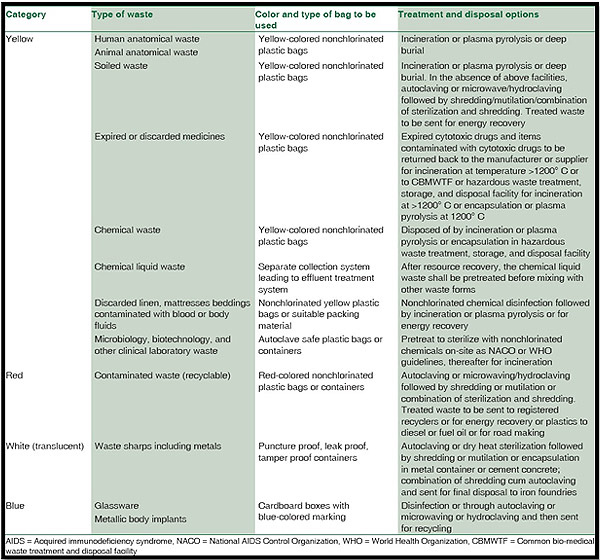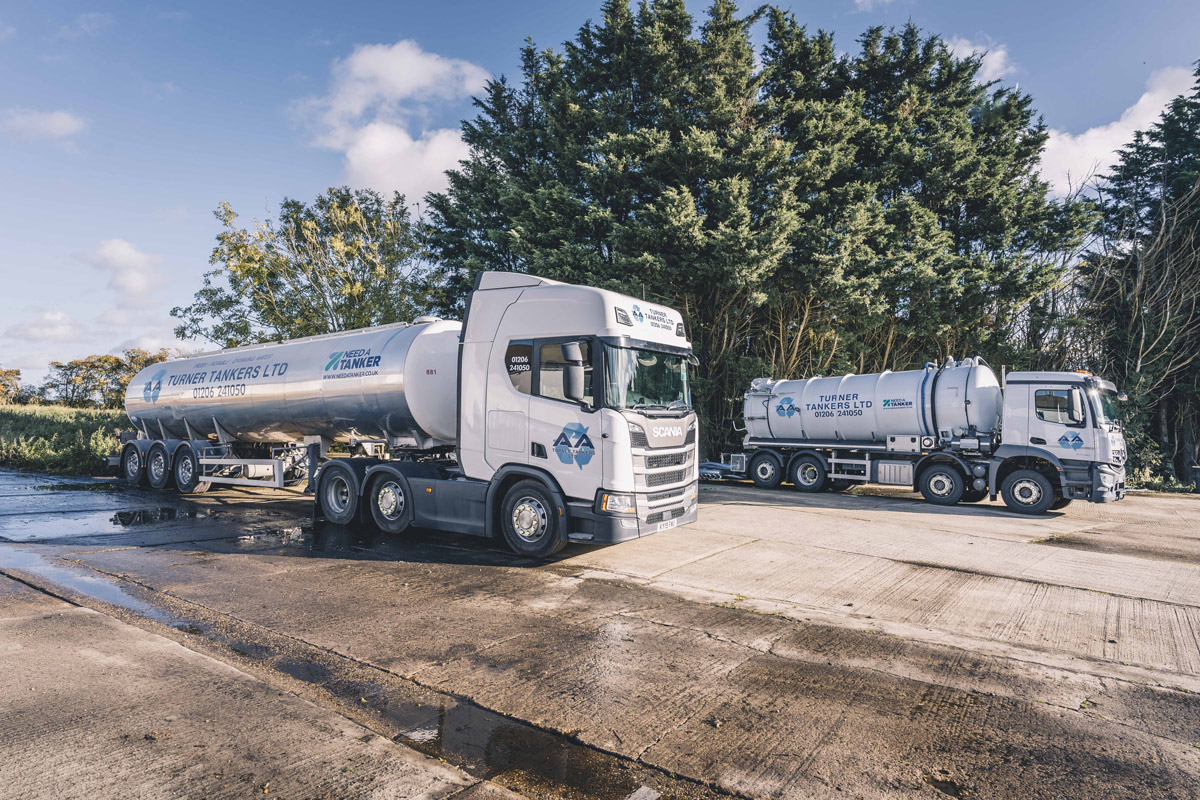The Single Strategy To Use For Reclaim Waste
The Single Strategy To Use For Reclaim Waste
Blog Article
What Does Reclaim Waste Mean?
Table of ContentsReclaim Waste Can Be Fun For AnyoneThe 45-Second Trick For Reclaim Waste9 Easy Facts About Reclaim Waste DescribedThe smart Trick of Reclaim Waste That Nobody is Talking AboutSome Known Details About Reclaim Waste
Discover the types, incidents, and forms of fluid waste. Domestic sewer waste describes the waste and products from a domestic sewage-disposal tank. This kind of waste is produced by humans in houses, colleges, and various other buildings. This only includes septic systems that have a drain field. The appropriate administration and disposal of residential sewage waste require liquid waste to be transferred to a sewage therapy plant where the correct methods and equipment are put on purify and take care of waste.
Business waste frequently consists of possible dangers, such as flammable materials or a mix of fluid and solid waste products, and needs a more innovative and thorough disposal procedure. The disposal of business waste generally involves the filtration of waste before transportation to ensure risk-free and proper disposal. Hazardous waste is produced from results and overflow of commercial processes and production.
This kind of waste can not make use of the exact same sewage monitoring transport or processes as septic or business liquids. The hazardous waste monitoring procedure requires the assessment and screening of fluid waste before it goes through the disposal procedure (liquid waste removal). Overflow waste is the liquid waste that comes from runoff and excess stormwater in extremely populated locations or cities
Drainage waste can trigger contamination and flooding if not taken care of properly. Discover more regarding drain cleaning and waste management. Making sure appropriate waste administration can stop calamities and decrease environmental damage. Both people in residential settings and professionals in commercial or manufacturing sectors can take advantage of recognizing the procedures and laws of liquid waste monitoring.
The Best Guide To Reclaim Waste
Get in touch with PROS Services today to discover our waste monitoring and disposal services and the correct methods to care for the fluid waste you create.
(https://www.twitch.tv/reclaimwaste1/about)Do you know what takes place to your water when you draw the plug, flush the commode or drain the washing equipment? No? Well, it's worth knowing. This supposed 'wastewater' is not only a crucial resource however, after treatment, will be launched to our land, rivers or the sea. Utilized water from commodes, showers, baths, cooking area sinks, laundries and industrial procedures is recognized as wastewater.

water used to cool down equipment or clean plant and equipment). Stormwater, a kind of wastewater, is runoff that streams from farming and urban locations such as roofing systems, parks, yards, roads, paths and rain gutters right into stormwater drains pipes, after rainfall. Stormwater moves untreated directly to regional creeks or rivers, at useful site some point reaching the ocean.
The Basic Principles Of Reclaim Waste
In Queensland, a lot of wastewater is dealt with at sewer therapy plants. Wastewater is carried from domestic or commercial sites with a system of drains and pump stations, understood as sewerage reticulation, to a sewage therapy plant. City governments build, keep and operate most sewer therapy plants. Operators are licensed under the Environmental Management Act 1994 to discharge treated wastewater at an appropriate ecological criterion right into waterways.
The Department of Natural Resources encourages regional federal governments regarding handling, operating and preserving sewerage systems and therapy plants. In unsewered locations, city governments may call for owners to set up individual or house sewer treatment systems to treat residential wastewater from bathrooms, kitchen areas, shower rooms and laundries. The Division of Natural Resources authorizes using household systems when they are proven to be reliable.
In some brand-new class, treatment of some stormwater to eliminate clutter, sand and crushed rock has actually begun using gross pollutant catches. Wastewater treatment occurs in four phases: Eliminates strong issue.
Wastewater then moves into big tanks where solids work out and are gotten rid of as sludge. Grease and scum are skimmed from the surface area. Makes use of tiny living microorganisms called micro-organisms to break down and eliminate continuing to be dissolved wastes and great particles. Micro-organisms and wastes are integrated in the sludge. Removes nitrogen and phosphorus nutrients that might create algal blooms in our waterways and endanger marine life.
Rumored Buzz on Reclaim Waste
Nutrient removal is not offered whatsoever sewage treatment plants because it requires expensive specialised equipment. It is coming to be more common in Queensland. Clear fluid effluent generated after therapy may still include disease-causing micro-organisms. If this effluent is released into rivers such as rivers or the sea, the micro-organisms will at some point pass away out.

A lot of wastewater flows right into the sewerage system. Under the Act, regional governments carry out approvals and permits for environmentally pertinent activities (Ages) involving wastewater launches that could have a regional impact.
The 3-Minute Rule for Reclaim Waste
Monitoring supplies accurate info regarding water high quality and can verify that permit problems are being satisfied. The info acquired with tracking gives the basis for making water high quality decisions.
Report this page